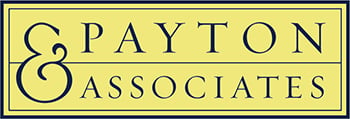In a previous post, our blog started discussing how the law is structured in such a way that corporate officers, directors and controlling shareholders owe a fiduciary duty to the corporation and, by extension, its shareholders.
Specifically, we examined how these corporate fiduciary duties — broken down into the duty of care and the duty of loyalty — serve as a sort of mechanism through which aggrieved shareholders can seek to hold officers, directors and controlling shareholders legally accountable.
In today’s post, we’ll continue our discussion of the duty of care and the duty of loyalty.
How does poor decision making fit with the duty of care?
As we explained last time, the duty of care mandates that officers and directors must always act 1) in the best interests of the corporation, 2) with a level of care typically exercised by people occupying similar positions, and 3) in good faith.
Making poor business decisions or otherwise demonstrating poor business acumen is typically not considered to rise to the level of a breach of the duty of care. Indeed, officers and directors are often legally protected in this regard by what is known as the business judgment rule.
What is the duty of loyalty?
The duty of loyalty essentially mandates that officers and directors must not put their own interests ahead of the corporation’s and otherwise avoid potential conflicts of interests.
How do breaches of the duty of loyalty occur?
Allegations of breaches of the duty of loyalty typically arise under the following circumstances:
- The officer or director appears to have an interest in a particular transaction, such that they “appear on both sides of the transaction;” or
- The officer or director derives some sort of personal financial gain not otherwise enjoyed by the corporation or its shareholders
The circumstances in which these allegations can arise include sales and purchases by the corporation to entities in which said director has an interest, commandeering of corporate opportunities, insider trading and excessive compensation to name only a few.
We will continue this discussion in future posts. In the meantime, please consider speaking with an experienced legal professional if you have questions or concerns about business torts or business litigation.
Source: The American Bar Association, “Breach of fiduciary duties,” Robert Kutcher, Accessed April 16, 2015

